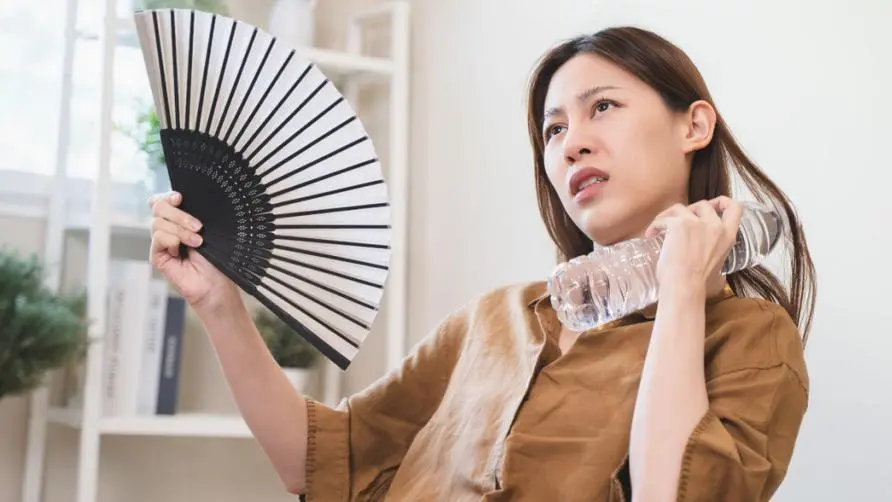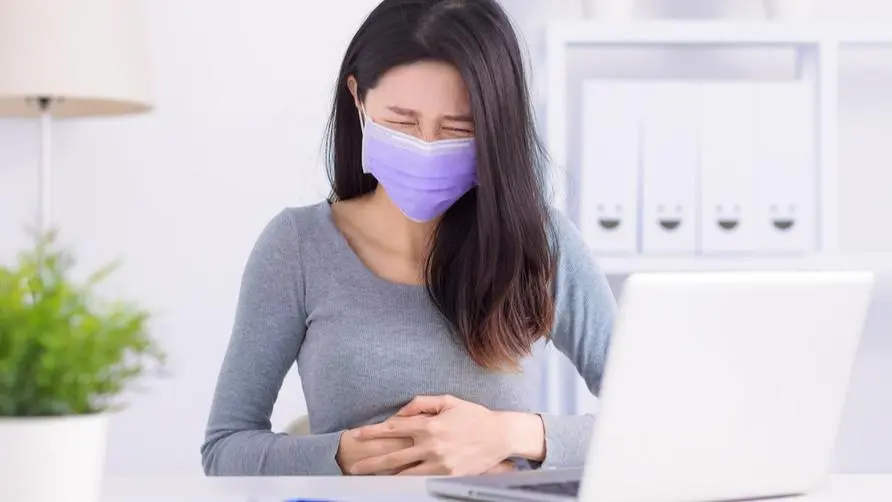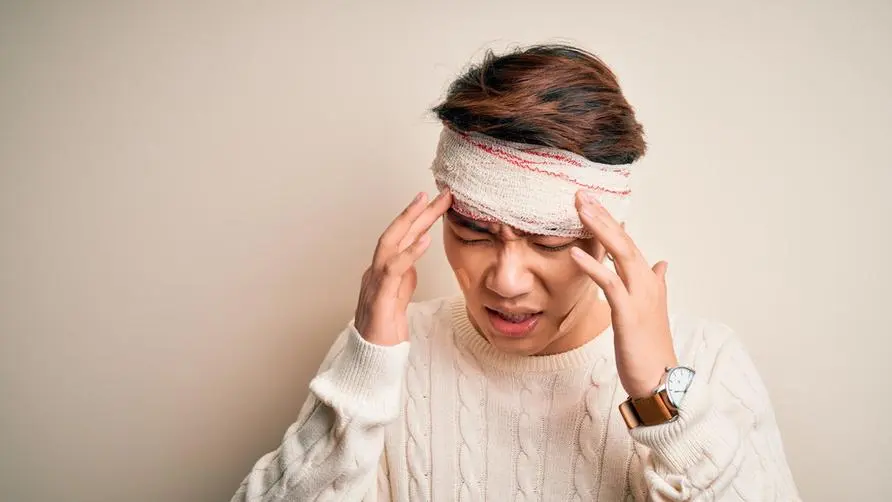Is severe heat stroke in summer likely to cause "organ failure"? 5 items you can carry with you without fear of heat damage

Severe heat stroke in summer may cause “organ failure”! 3 groups should be careful about the risk of “heat injury”
Recently, the weather has been hot and humid in many places. If people spend a long time outdoors or sweat a lot after exercising, dehydration may occur if they are not properly hydrated, increasing the risk of heat injuries. According to the Taiwan Ministry of Health and Welfare, Health Promotion Administration, heat injury refers to the collective term for acute illnesses caused by the body’s inability to regulate high temperatures. Common heat injuries include heat cramps, heat exhaustion, heat stroke, etc. Heat stroke is the most serious. If not treated properly, it can lead to organ failure and even death.
In addition to outdoor activities and outdoor workers who need to pay special attention to the risk of heatstroke, commuters also need to pay special attention to sun protection when riding motorcycles, bicycles or walking, or when they have to go out to buy meals during lunch break. If you stay in an air-conditioned room for a long time, you may easily overlook the importance of hydration. In fact, the air is relatively dry when you work indoors, causing your body to lose moisture quickly.
Ultraviolet rays are the most poisonous during this time of summer! “5 essential items” when going out
The Taiwan Health Promotion Administration reminds us that in addition to trying to avoid 10 a.m. to 2 p.m., when ultraviolet rays are the strongest and most toxic, or engaging in outdoor activities when the temperature is hot, you should also remember to prepare 5 pieces of equipment from head to toe to avoid Thermal injury threat:
Wide-brimmed hat or parasol: Use a wide-brimmed hat or parasol with UV protection to avoid direct sunlight on your face, ears and neck.
Sunglasses: Choose qualified sunglasses to protect your eyes, choose styles that can cover the area around your eyes and suit your face shape, and pay attention to the quality and safety of lens breakage.
Cool and breathable clothing: You can choose comfortable cotton clothes or functional clothes that can protect the skin from ultraviolet rays. Change into dry clothes after exercise to maintain good protective function.
Wear sunscreen: It is recommended to use waterproof and SPF30 or above sunscreen 30 minutes before going out, and apply it every 2 hours. If you sweat or swim, you need to replenish it more frequently to achieve better sunscreen effect; save sunscreen Avoid placing it in high temperatures to avoid deterioration; if you have sensitive skin, you can choose products marked for use on sensitive skin or fragrance-free.
Bring your own water bottle: When you go out, remember to bring your own water bottle to drink water regularly, develop a good habit of drinking at least 2,000㏄ of water a day, and do not replace drinking water with sugary drinks, and walk in ventilated and shaded areas as much as possible, such as tree-shaded trails , arcades or under buildings, avoid direct sunlight, and stay in air-conditioned or cool places to rest and cool down.
Taiwan Health Promotion Administration reminds the public to use the above 5 sun protection equipment to prevent heat damage while enjoying the summer time. If you or your family members are found to have suspected signs of heat injury, such as elevated body temperature, dry and hot skin that turns red, and rapid heartbeat, severe cases may include the inability to sweat, headache, dizziness, nausea and vomiting, and even confusion, cramps, and coma. If symptoms occur, you must quickly leave the hot environment, try to lower your body temperature (such as taking off your clothes, wiping your body with water or fanning, etc.), provide cold water with a little salt or diluted electrolyte drinks, and seek medical treatment as quickly as possible.
Further reading:





